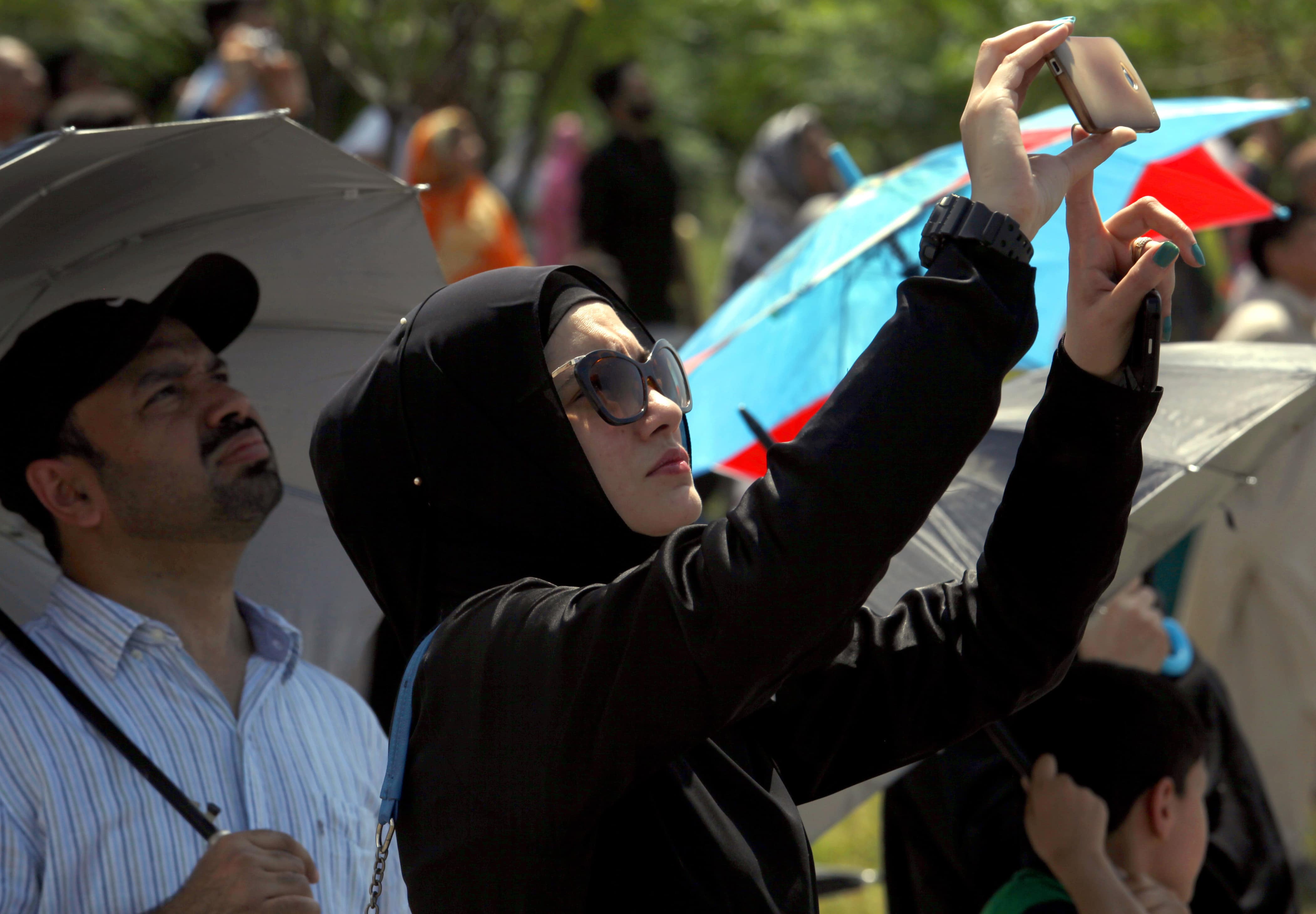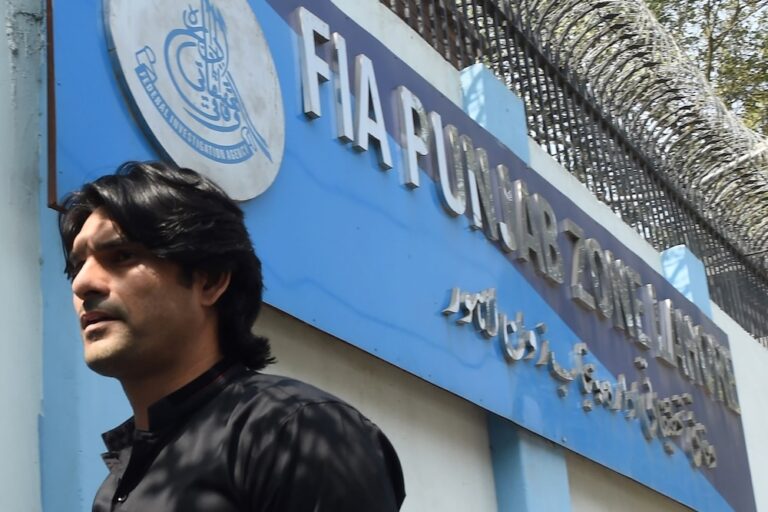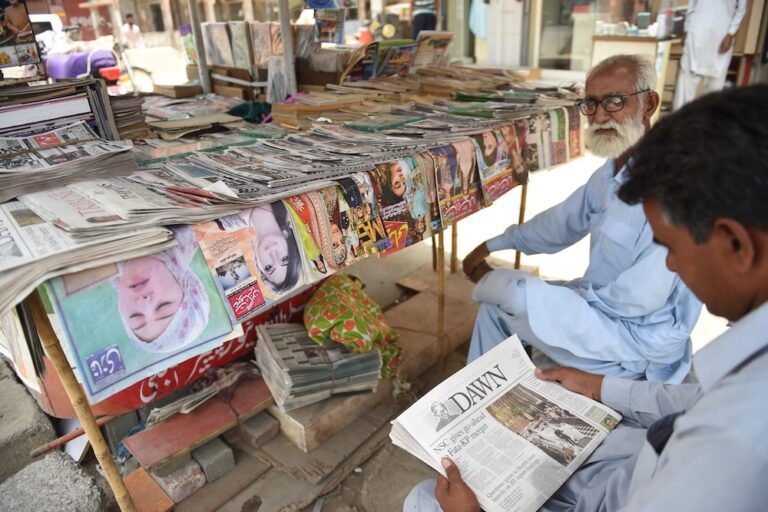In December 2015, Bytes for All demanded that Pakistani authorities explain the mobile network shutdowns taking place in Islamabad, roughly coinciding with the time of Friday sermons at mosques.
This statement was originally published on content.bytesforall.pk on 18 December 2015.
Bytes for All, Pakistan (B4A) has demanded that authorities explain the mobile network shutdowns that have been happening every week in Islamabad, roughly coinciding with the time of Friday sermons at mosques. The digital rights organisation added that it was preparing to file a constitutional petition against the Pakistan Telecommunication Authority (PTA) and the Federal Government at the Islamabad High Court on the matter.
For at least the past two Fridays, B4A has received multiple reports from customers in Islamabad of all major mobile service providers complaining that their network signals disappeared from approximately 12pm to 2:30pm without any advance notification.
Sources within mobile companies told B4A that authorities had ordered the shutdown due to security reasons related to the Friday sermon delivered every week by radical cleric Maulvi Abdul Aziz from the Lal Masjid mosque in the heart of Islamabad. B4A has been unable to independently verify these claims. However, in the absence of an official explanation from the relevant authorities it cannot be ruled out.
“We condemn the government and relevant authorities for treating citizens like their subjects, from whom essential services can be taken away at whim without holding any kind of public discussion or even providing an explanation,” said Shahzad Ahmad, Country Director of B4A.
“Our organization has documented how these arbitrary and unannounced network shutdowns over the past five years are a threat to the safety and livelihood of citizens,” Ahmad said. “We rely on mobile networks to call for help whenever there is an emergency, while millions of people need it to earn their living everyday and for their education.”
“Moreover, the government has provided no evidence to show the mobile networks are in any way effective in preventing terrorism as it sometimes claims,” he added. “The burden of proof is on the authorities to justify the inconvenience it imposes on millions of law-abiding citizens whenever such a blackout takes place.”
“Previously the government was shutting down the networks on certain annual religious and national events, but now they have made a habit out of it and are imposing a blackout on Islamabad on a weekly basis,” Ahmad said. “If the reports are true that this is being done for the sake of a Taliban-supporting cleric, it will only add salt to the wounds of Pakistani citizens.”
Bytes for All is preparing to submit a constitutional petition in the Islamabad High Court challenging the network blackouts as they violate a number of Fundamental Rights, such as the right to life (Article 9).
In September 2015, Bytes for All and the Institute for Human Rights and Business jointly released a report documenting how the mobile network shutdowns in Pakistan have affected the lives of citizens. The report is titled Security v Access: The Impact of Mobile Network Shutdowns and can be downloaded here.



